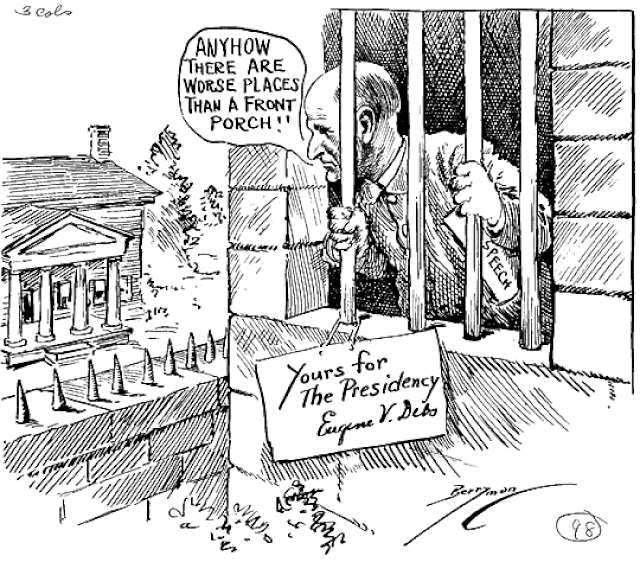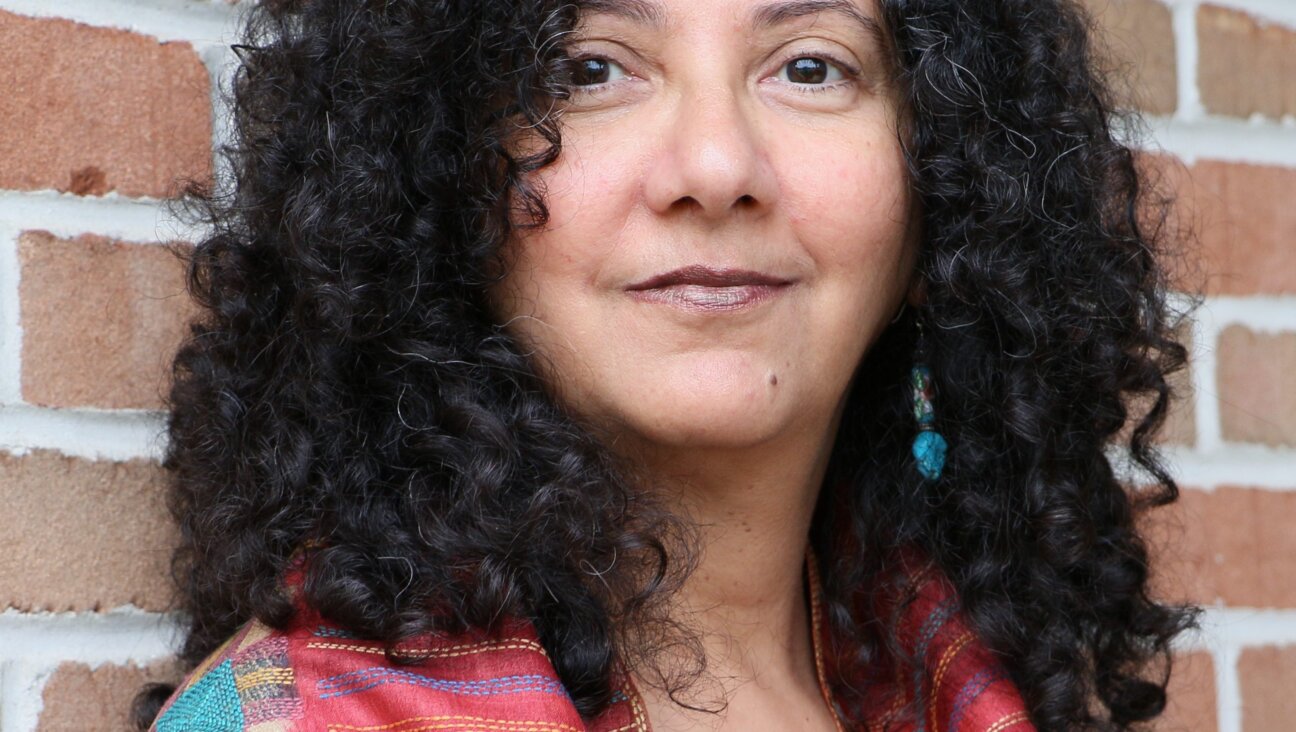Why Paul McCartney should be known as ‘the Jewish Beatle’
The secret Jewish history of Paul McCartney

Lovely Linda With the Lovely Flowers in Her Hair? Sir Paul McCartney?s first wife, born Linda Eastman, grew up in Scarsdale and came from a prominent Jewish family. Image by Getty Images
Editor’s Note: This article was originally published June 17, 2019.
Given Paul McCartney’s apparent love affair with all things Jewish — including collaborators, business associates, girlfriends and wives — the title of the artist’s 2013 album New could well be meant as a transliteration of the all-purpose Jewish word nu.
Recently, McCartney was in New York with his wife Nancy Shevell who is not in fact the first Jewish Lady McCartney; that honor belonged to McCartney’s first wife, Linda Eastman. Born in New York City and raised in Scarsdale, N.Y., Linda Eastman was the daughter of Lee Eastman — the son of Russian-Jewish immigrants, born Leopold Vail Epstein — and Louise Sara Lindner.
When Linda Eastman and McCartney’s daughter, Stella McCartney, became a fashion designer, she followed family footsteps into the rag trade; her maternal grandfather, Max J. Lindner, was founder of the Lindner Company, the largest women’s clothing store in Cleveland, Ohio. Lindner was a member of the most prominent Reform temple in Cleveland and president of its Men’s Club; active in the Jewish Welfare Fund and in the Jewish country club; and a major philanthropic force in Cleveland’s Jewish community.
McCartney married Linda Eastman in 1969, and the two famously stayed together as one of rock music’s most stable, loving couples until Eastman’s death in 1998 due to complications from breast cancer. They made music together: first, on the album “Ram,” the cover of which pictures McCartney grasping two ram’s horns, and subsequently, in McCartney’s post-Beatles group, Wings.
Linda’s father, Lee Eastman, was an entertainment lawyer who represented McCartney after the Beatles’ long-term manager — coincidentally also an Epstein, named Brian (but no relation) — passed away. McCartney’s choice of his father-in-law as manager was famously opposed by fellow Beatle John Lennon, who favored the former Rolling Stones manager Allen Klein. The dispute over management of the Beatles (which pitted a Jewish lawyer against a Jewish accountant) became a major factor in the ultimate dissolution of the Fab Four. Linda Eastman’s brother, John Eastman, later took over from Lee Eastman and remained McCartney’s manager for many years.
Linda Eastman wasn’t the first Jewish woman who McCartney had dated. That distinction goes to Francie Schwartz, who, as a 23-year-old screenwriter, flew to London from her native New York City on a whim in 1968 to see if she could interest McCartney — who at the time was engaged to be married to Jane Asher — in one of her scripts. The two wound up having an affair during the making of “The White Album,” and were allegedly discovered in bed together at McCartney’s place by Asher upon her surprise return home from a stay in India. Asher subsequently broke off the engagement; McCartney and Schwartz soon split, and McCartney took up with Linda Eastman.
McCartney wasn’t the only Beatle to enjoy a storied and enduring marriage to a Jewish woman. Ringo Starr and one-time Bond girl and Playboy model Barbara Bach — born Barbara Goldbach, a native of Jackson Heights, Queens — recently celebrated 32 years of matrimony.
While Lennon and McCartney were perhaps the greatest songwriting duo of all time — at least on paper, that is, as we now know that they mostly worked separately on their own songs, even though they were all originally credited to “Lennon–McCartney” — they had their differences. McCartney
frowned upon Lennon’s cavalier treatment of his first wife and young son, Julian, whom Lennon basically abandoned once he took up with Yoko Ono, and McCartney once wrote a song to cheer up the youngster. “Hey Jules,” written for Julian Lennon (who later would say he was closer to McCartney than to his own father), became “Hey Jude.” Thus was born one of the most popular rock ballads of all time.
It was Lennon who once said, “Show business is an extension of the Jewish religion.” But it is McCartney — one of the few English rock stars to have defied an unofficial boycott by performing in Israel — who has actually lived it.
A message from our Publisher & CEO Rachel Fishman Feddersen

I hope you appreciated this article. Before you go, I’d like to ask you to please support the Forward’s award-winning, nonprofit journalism so that we can be prepared for whatever news 2025 brings.
At a time when other newsrooms are closing or cutting back, the Forward has removed its paywall and invested additional resources to report on the ground from Israel and around the U.S. on the impact of the war, rising antisemitism and polarized discourse.
Readers like you make it all possible. Support our work by becoming a Forward Member and connect with our journalism and your community.
— Rachel Fishman Feddersen, Publisher and CEO























